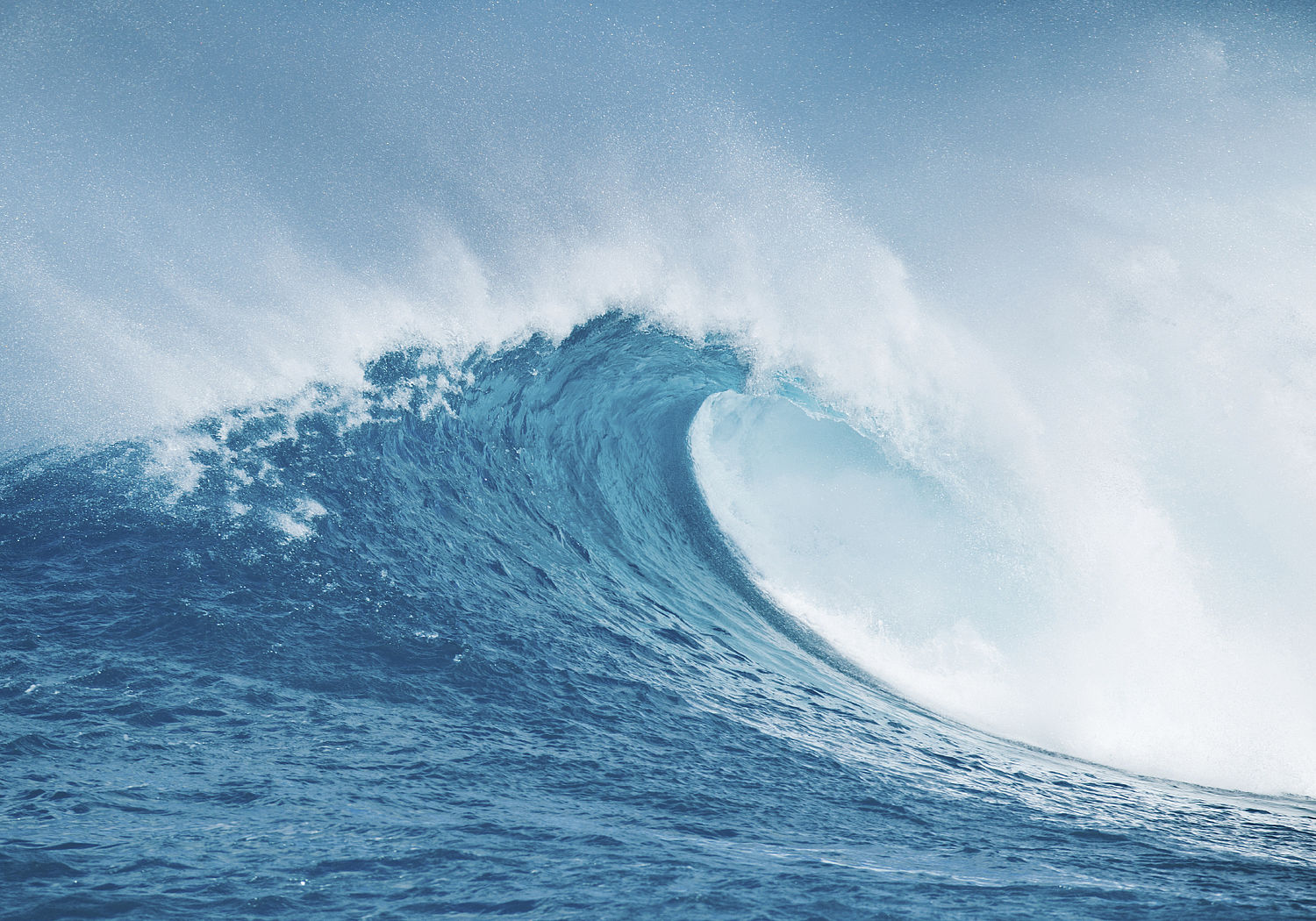Metrology for ocean salinity and acidity
Mapping ocean characteristics: New measurements to link salinity to density

The ocean is a key component in the global climate system. It is a sink for carbon dioxide and increasing ocean temperatures lead to rising sea-levels. The characterisation of the status of the oceans and their circulation requires world-wide monitoring of a wide variety of physical and chemical parameters over long time periods and over the full range of pressures and salinities present in the ocean. Changes in these parameters are typically small but have a large impact on oceanic and climate behaviour.
This project developed:
- A standardised method for determining ocean salinity with reduced uncertainties and traceability to the SI for typical ocean pressure and temperature conditions. It established a link between oceanographers’ practical salinity measurements and the SI, enabling the International Association for the Physical Sciences of the Ocean defined standard seawater (a primary reference solution) to be assessed for stability over time and future-proofing salinity standards against increasing global seawater dilution as the polar ice caps melt.
- A new traceability chain for the measurement of pH in seawater based on validated measurement methods and procedures.
- Improved NMI speed of sound in water calibration facilities leading to an improved understanding of the effect of salinity and temperature on this fundamental seawater parameter and its inclusion in the Thermodynamic Equation of State for Seawater 2010 (TEOS-10) – a key tool in oceanography.
- A high-accuracy modification to the Winkler titration method for dissolved oxygen determination (an essential factor for aquatic life) with associated uncertainty budget derivation enabling greater accuracy in the calibration of commercial electrochemical and optical dissolved oxygen sensors.
The project team worked with the international oceanographic community to ensure their results were relevant and communicated, and to bridge the gap between the oceanographic and metrology communities. The metrology community is now a member of the international Joint Committee on Seawater (a joint group of the three key oceanographic associations). The research outputs have contributed to new ISO standard, ISO 18191 Water quality – Determination of pH in sea water, and other outputs will be considered in future standardisation work of the International Association for the Properties of Water and Steam. In the longer-term, reliable oceanic data will support deep sea research, the exploration of ocean resources and improved climate modelling.
Coordinator: Petra Spitzer, PTB (Germany)
For more information, please contact the EURAMET Management Support Unit:
Phone: +44 20 8943 6666
E-mail: empir.msu@euramet.org
Participating EURAMET NMIs and DIs
BFKH (Hungary)
INRIM (Italy)
IPQ (Portugal)
LNE (France)
MIKES-SYKE (Finland)
NPL (United Kingdom)
PTB (Germany)
SMU (Slovakia)
UT (Estonia)
Other Participants
JRC - Joint Research Centre - European Commission (European Commission)
Information